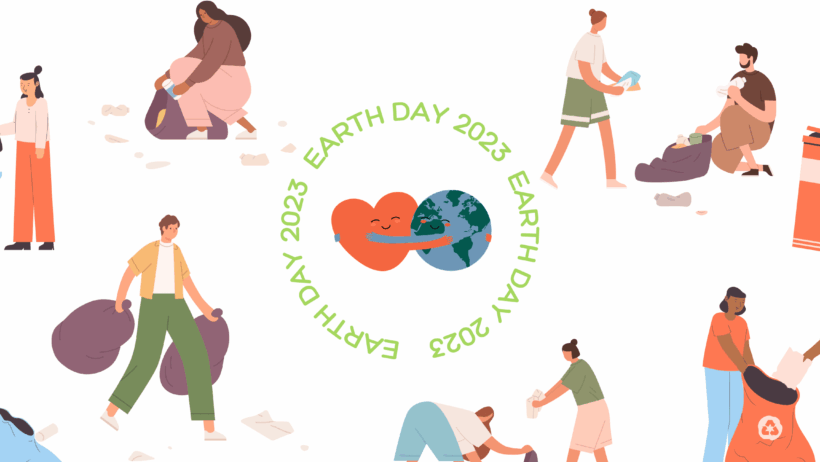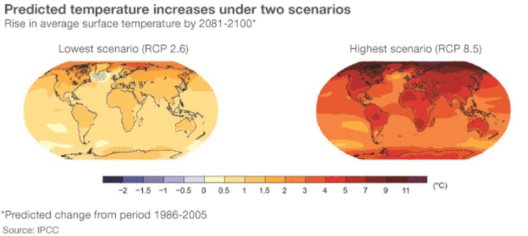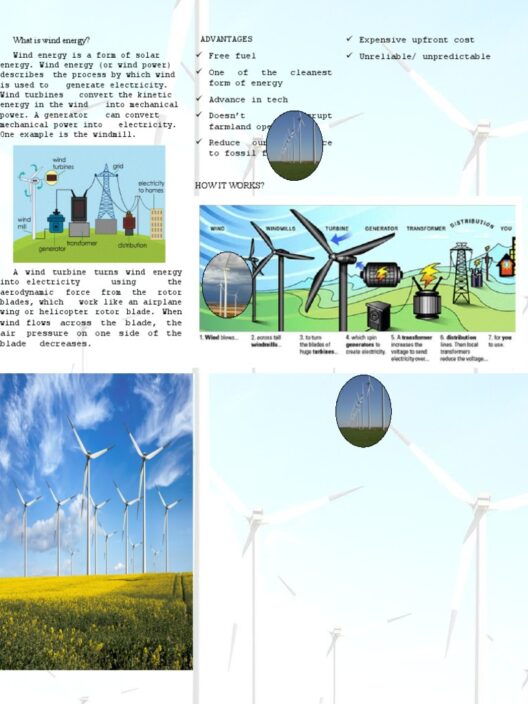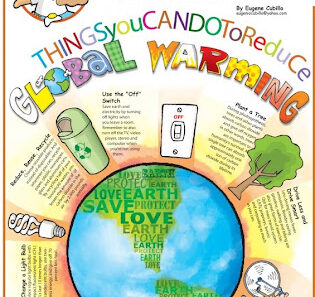As we navigate through the complexities of the 21st century, the specter of global warming looms large, challenging our understanding of sustainability and human impact on the environment. While the enormity of climate change may seem overwhelming, it’s essential to recognize that every action counts, and small changes in our daily lives can lead to substantial benefits for our planet. How can we collectively contribute to this cause when the task appears Herculean? The answer lies in the series of small actions that can cumulatively forge a considerable impact.
Let’s embark on this enlightening journey, exploring achievable actions that not only enrich our lives but also contribute to a healthier Earth.
Adopting a Sustainable Mindset
Every great reformation begins with a shift in mindset. The first step in combating global warming is nurturing an awareness of our ecological footprint. Understanding the ways our daily habits contribute to carbon emissions is pivotal. For instance, are you aware that the average American generates about 4.4 pounds of trash daily? A formidable number that can be diminished with conscious effort!
Mindful consumption entails reassessing our shopping habits, prioritizing sustainability over convenience. Embracing a minimalist philosophy can work wonders. Focus on quality items that last longer rather than disposable products. Engage in local buying — sourcing from nearby farmers or artisans not only reduces the carbon emissions associated with transportation but also supports your community’s economy.
Engagement with eco-friendly practices can be further enhanced by integrating practices such as composting, recycling, and upcycling into your routine. Transforming organic waste into nutrient-rich compost diverts waste from landfills while fostering a vibrant ecosystem in your garden. Recycling materials and creatively repurposing items can drastically reduce the demand for new products.
Reducing Energy Consumption: One Switch at a Time
Energy conservation is another paramount branch of our actions against climate change. The energy we consume in our homes predominantly comes from fossil fuels, making a transition to renewable sources indispensable. However, immediate change can seem elusive and even daunting. What if I told you that you can start with simple adjustments?
Begin by conducting an energy audit of your home. This doesn’t require professional assistance; just enumerate and evaluate your energy usage in each room. Simple actions like swapping incandescent bulbs for LED lights, which consume up to 80% less energy, can yield considerable savings on your energy bill and substantially minimize your carbon footprint.
Incorporate renewable energy solutions if feasible. Even a small-scale solar panel installation can contribute meaningfully to offsetting traditional energy consumption. If solar panels are outside your reach, consider advocating for community solar initiatives where multiple homes share access to a solar grid.
Driving less is another effective method to trim energy usage. Opt for public transport, carpooling, cycling, or walking whenever possible. Not only does this cut down on fossil fuel consumption, but it also promotes healthier lifestyles and reduces urban congestion. A mutual commitment to rethinking daily commutes can lead to profound reductions in greenhouse gas emissions.
Augmenting Biodiversity through Planting and Preservation
Our forests, oceans, and urban green spaces play a crucial role in the battles against climate change. They sequester carbon, produce oxygen, and provide habitats for myriad species that contribute to biodiversity. However, these ecosystems are increasingly under siege. So how can we nurture them?
Participating in local tree-planting initiatives is a fun and impactful way to contribute to reforestation. Trees are nature’s air purifiers, absorbing carbon dioxide and releasing oxygen. Research suggests that one mature tree can absorb approximately 48 pounds of carbon dioxide annually, so imagine the difference a community can make by planting trees together!
Additionally, creating or maintaining community gardens promotes biodiversity and engages citizens in sustainable agriculture practices. These gardens serve dual purposes: they provide food while educating participants about ecological relationships and healthy food production.
On a smaller scale, even gardening at home can help. Native plants are particularly beneficial as they require less water and maintenance while attracting essential pollinators like bees and butterflies. If you live in an urban environment, consider developing a green balcony or windowsill garden.
In essence, the actions we adopt inform the legacy we leave for future generations. Whether they manifest as lifestyle choices, community initiatives, or collective advocacy, they can culminate in significant benefits. It can feel surreal to think that individually, we hold the power to influence global phenomena. However, it is through the confluence of these myriad small actions that we pave the way for a more sustainable future.
So, as you ponder your role in mitigating global warming, challenge yourself: What small, actionable steps can you implement this week? Remember, even the tiniest seed can blossom into a flourishing tree, reminding us all that small actions indeed yield big impacts.







